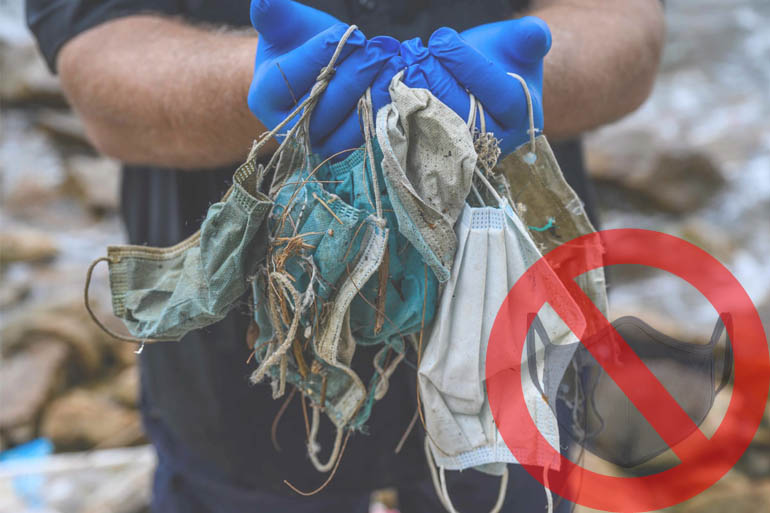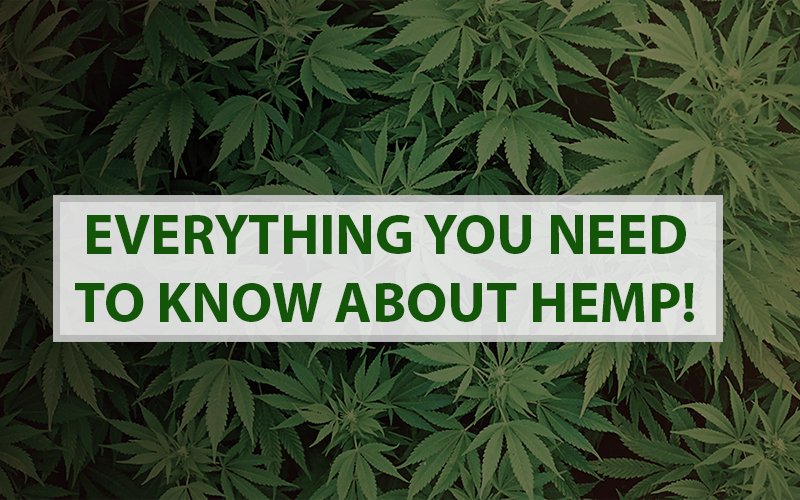Why Should You Give Up Single-Use Masks Immediately?
- As you read this, something ugly is going on a the coast near you.
- Hundreds of thousands of single-use masks are washing ashore.
- The beachside is ruined beyond recognition. And the ocean is choking.
- There are more masks than fish along coastal waters.
- Six months into the fight against COVID-19, and we’ve lost our oceans to the virus already. …Read More
The COVID-19 pandemic introduced face masks as a crucial tool for public health. While single-use masks have played a significant role in protecting people from the virus, their widespread use has led to serious environmental concerns. It’s time to consider why we should give up single-use masks immediately in favor of more sustainable alternatives.
1. Environmental Impact of Single-Use Masks
Single-use masks, often made from non-biodegradable materials like polypropylene, are contributing to a growing environmental crisis. With billions of masks used globally each month, the majority end up in landfills or, worse, in our oceans. These masks can take up to 450 years to decompose, releasing microplastics into the environment that threaten marine life and pollute ecosystems.
2. Marine Pollution and Wildlife Threats
The improper disposal of single-use masks has led to an alarming increase in marine pollution. Masks are frequently found tangled in the fins of fish, wrapped around the beaks of birds, or ingested by sea creatures, mistaking them for food. This not only harms wildlife but also disrupts the food chain, with potential consequences for human health.
3. Increased Waste and Landfill Overflow
The sheer volume of single-use masks discarded daily has exacerbated the global waste problem. Landfills are overflowing, and the incineration of masks releases harmful toxins into the atmosphere. This increase in waste is unsustainable and calls for a shift towards more environmentally friendly alternatives.
4. Cost-Effectiveness of Reusable Masks
While single-use masks may seem convenient, they are not cost-effective in the long run. Reusable masks, made from sustainable materials like cotton or hemp, can be washed and reused multiple times, reducing the need for frequent purchases. Over time, this not only saves money but also significantly reduces waste.
5. Health and Safety Considerations
Reusable masks, when properly maintained, offer comparable protection to single-use masks. They can be designed with multiple layers and filters to enhance their effectiveness. Moreover, reusable masks are often more comfortable and better fitting, encouraging longer and more consistent use.
6. Promoting Sustainable Habits
Switching to reusable masks is an easy step towards adopting more sustainable habits. It reflects a broader commitment to reducing our environmental footprint and can inspire others to make similar changes. As we continue to face global environmental challenges, small actions like this contribute to a larger movement towards sustainability.
Conclusion
The convenience of single-use masks comes at a high environmental cost. By making the switch to reusable masks, we can significantly reduce waste, protect marine life, and promote sustainable practices. It’s time to give up single-use masks immediately and embrace a more eco-friendly approach to protecting our health and the planet.




